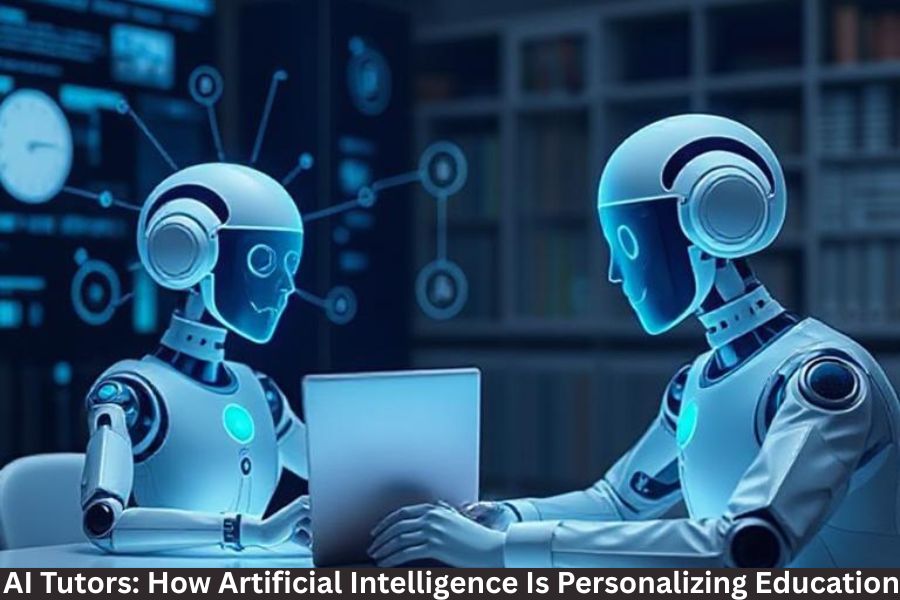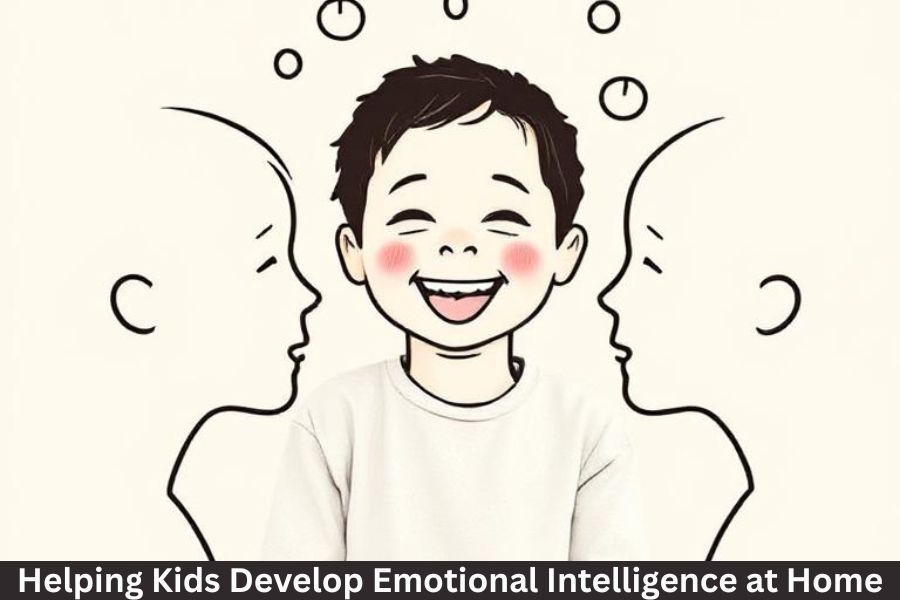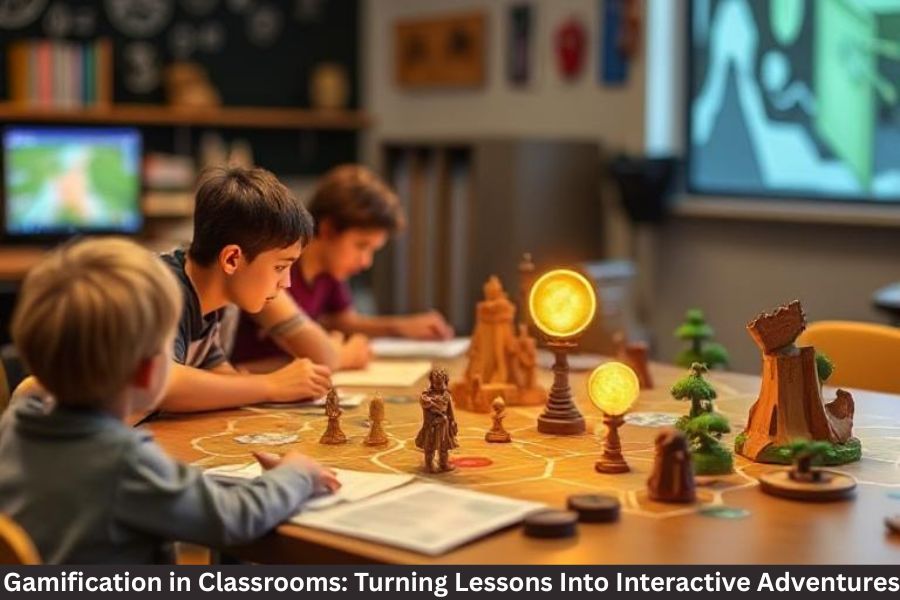The landscape of education is undergoing a profound transformation, thanks in large part to artificial intelligence (AI). Among the most exciting innovations are AI tutors, which are revolutionizing the way students learn by delivering personalized educational experiences tailored to individual needs.
As classrooms become increasingly diverse and digital, AI tutors are stepping in to provide targeted support, adaptive learning paths, and real-time feedback—helping every student reach their full potential. Let’s explore how AI is personalizing education and what this means for learners, educators, and the future of schooling.
What Are AI Tutors?
AI tutors are intelligent software systems designed to mimic the role of human tutors. They use machine learning algorithms, natural language processing, and data analytics to understand students’ strengths, weaknesses, learning styles, and progress. Based on this analysis, AI tutors adapt content and teaching methods in real-time, offering customized lessons, practice exercises, and explanations.
Unlike traditional one-size-fits-all approaches, AI tutors aim to provide individualized instruction that can accelerate learning, increase engagement, and build confidence.
How AI Tutors Personalize Education
1. Adaptive Learning Paths
AI tutors continuously assess a student’s performance and adjust the difficulty and type of content accordingly. If a student struggles with a math concept, the AI might offer additional practice problems, video tutorials, or alternative explanations until mastery is achieved.
2. Real-Time Feedback
Immediate feedback is crucial for effective learning. AI tutors provide instant responses to student answers, pointing out errors, offering hints, and encouraging improvement, which helps students correct mistakes before they become ingrained.
3. Tailored Pace and Style
Every learner is different—some grasp concepts quickly, while others need more time. AI tutors allow students to learn at their own pace, revisiting topics as needed or advancing faster through familiar material. They also accommodate different learning styles, whether visual, auditory, or kinesthetic.
4. 24/7 Availability
Unlike human tutors, AI tutors are available around the clock, providing support whenever and wherever students need it. This flexibility is especially valuable for remote learners or those balancing school with other commitments.
Benefits of AI Tutors in Education
- Personalized Attention: Students receive one-on-one tutoring customized to their unique needs.
- Improved Learning Outcomes: Adaptive lessons and continuous feedback lead to better understanding and retention.
- Scalability: AI tutors can support countless students simultaneously, helping address teacher shortages.
- Engagement: Interactive AI tools use gamification and multimedia to make learning enjoyable.
- Data-Driven Insights: Teachers get valuable analytics on student progress to inform instruction.
Challenges and Considerations
While AI tutors offer many advantages, there are challenges to keep in mind:
- Equity and Access: Not all students have equal access to the devices and internet connectivity required for AI tools.
- Data Privacy: Protecting student data is critical to prevent misuse or breaches.
- Human Element: AI can’t fully replace the empathy, creativity, and mentorship human teachers provide.
- Overreliance: Students may become dependent on AI feedback and struggle with independent problem-solving.
The Future of AI Tutors in Education
As AI technology advances, we can expect even more sophisticated tutoring systems capable of understanding emotions, fostering collaboration, and supporting social-emotional learning. Integration with virtual and augmented reality may create immersive learning environments that further personalize education.
AI tutors will likely become a complementary tool alongside human educators, enhancing the classroom experience and making personalized education accessible to all.
FAQs About AI Tutors
Q1: Are AI tutors suitable for all ages?
Yes, AI tutoring platforms exist for a wide range of ages—from early childhood to college-level and adult learners.
Q2: Do AI tutors replace human teachers?
No. AI tutors are designed to assist and supplement teachers, not replace them.
Q3: How do AI tutors protect student privacy?
Reputable platforms follow strict data privacy laws and use encryption to safeguard information.
Q4: Can AI tutors help students with learning disabilities?
Many AI systems include features to support diverse learners, including those with special educational needs.
Q5: Is there a cost to using AI tutors?
Costs vary—some platforms offer free basic versions, while others require subscriptions or school licensing.



